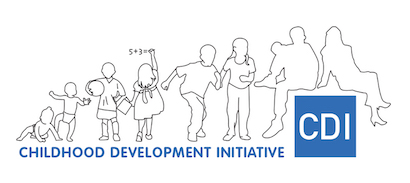March 20, 2013: Community based responses to crime and anti-social behaviour can reduce re-offending by up to 40% – a conference heard today.
Speaking at a conference on ‘Restorative Practice’, University of Ulster Lecturer Tim Chapman, said research in Northern Ireland found that offenders who participated in Restorative Practice processes were up to 40% less likely to re-offend than those who were imprisoned and up to 20% less likely than those put on probation or into community services.
Restorative Practice is a proven community development approach which builds structures, communication and relationships within a community to help tackle problems with crime and anti-social behaviour and also to help prevent problems before they occur.
Mr Chapman said that Restorative Practices have been widely used in Northern Ireland and encouraged greater use of this approach by communities across the island.
“We need people living in areas with crime problems to become empowered and take responsibility rather than seeking the help or expertise of the State. People closest to the problems need to have greater regard for their own capacity to address and overcome difficulties.”
Mr. Chapman said that a Restorative approach can also be successfully used where there is gangland and drug related crime.
“In the case of gangs, if the community can confront gang leaders and divert them into positive activities and services, this has been shown to significantly reduce crime.
He added that community responses to crime also bring more satisfaction for victims. “Victims of crime report 80-90% satisfaction with outcomes when, after a serious crime, there is a Restorative process in addition to the judicial system.
The conference was held at the Gresham Hotel in Dublin and opened by the Ombudsman for Children, Ms. Emily Logan, who said: “Restorative Practice offers an important and effective way to engage with children and young people, and give them a voice, a process which is at the heart of my Office.
“Schools, communities, youth services and so many other agencies are now using this approach as a central way in which they work with young people, in order to manage conflict effectively, encourage individuals to take responsibility and support a focus on solutions rather than blame. I commend the conference and all those committed to this approach.”
The conference was organised by the based Tallaght based Childhood Development Initiative (CDI) which provides training in Restorative Practice in the community in Tallaght West.
“Restorative Practice is not just a response to crime, it is also an important measure for preventing crime and giving people a greater sense of safety and belonging in their communities,” CDI CEO Marian Quinn said.
The conference was attended by a wide range of community groups from across the country who are using Restorative Practice in their work.
Local Development Officer at Dublin’s Northside Partnership Ingrid Colvin said that over 30 young community leaders have been trained in Restorative Practices in the Partnership area.
“We are using Restorative Practices to problem solve and resolve conflicts with our families in youth clubs, schools, after schools clubs and political focus groups. We believe that Restorative Practices should be more widely used to strengthen communities as it is a way of learning how to solve problems in a positive and equal way, where everyone has a say in the solution,” she said.
The conference also heard from Donegal based School Principal Fiona Temple of Mulroy College in Milford who has worked to incorporate Restorative Practice into work in three schools and the VEC in the North West.
Further Information
Ronan Cavanagh, Communications Coordinator, Childhood Development Initiative: (086) 317 9731.





